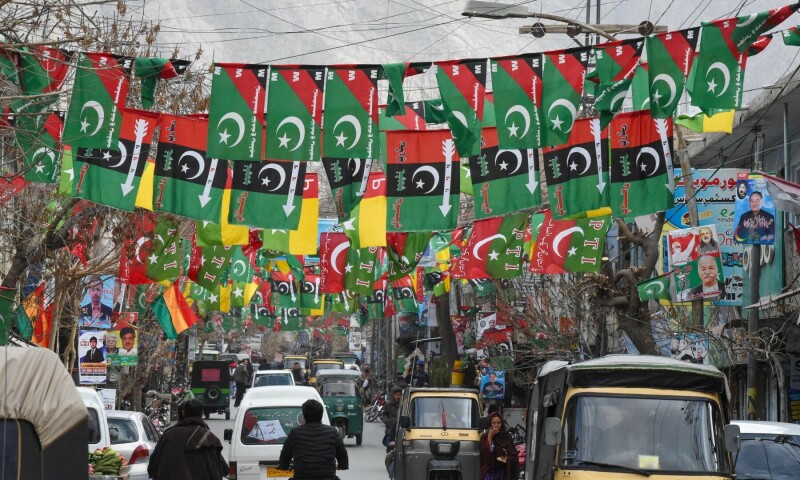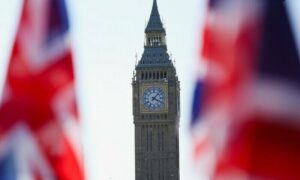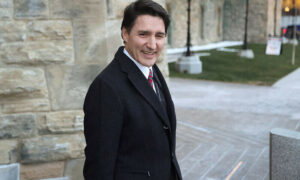Observers say there is no difference between Balochistan-based and mainstream parties, thanks to the politics of electables.
DURING PML-N leader and former prime minister Nawaz Sharif’s visit to Quetta, the provincial capital of Balochistan, Quetta’s only four-star Serena Hotel was buzzing. Mr Sharif, who had been absent from Quetta for six years, returned to a warm welcome from over two dozen electables, including former Balochistan chief minister Jam Kamal Khan.
Rumours were rife in Quetta’s political circles that Nawaz and PML-N would form and lead the provincial government. Influential political figures from various parties, including the National Party (NP), Jamiat Ulema-i-Islam (JUI), Pakhtoonkhwa Milli Awami Party (PkMAP), and Balochistan Awami Party (BAP), met with Nawaz Sharif, seeking his favour and support post-elections.
Before Mr Sharif’s arrival, former president and PPP co-chairman Asif Ali Zardari had been welcoming electables — called lotas (turncoats) — from south Punjab into the PPP.
Over the months, notable Balochistan politicians, including former senator and MNA Sardar Fateh Mohammad Hassani and former MPA of BAP Saleem Khosa, joined the PPP. However, they soon defected to PML-N during Mr Sharif’s visit, epitomising the fickleness of provincial politics.
In Quetta, a joke circulates about these lotas: they change parties more often than their clothes. After Mr Sharif’s visit, Mr Zardari also visited Quetta and Turbat, attracting figures like Sarfraz Bugti to the PPP.
Observers say there is no difference between Balochistan-based and mainstream parties, thanks to the politics of electables
“These are national assets,” commented senior journalist and daily Intekhab editor Anwar Sajidi, sarcastically referring to Balochistan’s turncoats. “Their owners (the establishment) transfer them between parties, mocking Balochistan’s political landscape.”
Mr Sajidi candidly expressed to Dawn that these politicians prioritise personal gains over public service, contributing to Balochistan’s lack of basic infrastructure.
“Unfortunately, they only think of their people and their rights when they are in the opposition. There is now no difference between Balochistan-based and mainstream political parties,” said Mr Sajidi. “These have their own invested interests. For Balochistan’s turncoats, they are neither in the best interest of the state nor the people,” he added.
Mistrust palpable
The locals’ mistrust in politics is palpable. Conversations with tea shop customers, bazaar visitors and rickshaw drivers reveal a common sentiment: their votes don’t matter in a system where the powerful manipulate outcomes.
“I will not vote this time. Those who come to the assembly continue to loot and plunder instead of doing anything for the people,” Zabiullah, a rickshaw driver, told Dawn.
Balochistan, grappling with its fifth insurgency, is deeply influenced by the security establishment’s involvement in politics. This interference often leads to political instability and overnight changes in government alliances.
“It is crystal clear that Balochistan is not in the priority of mainstream political parties, which is why these have to rely on the rolling stones that go wherever the wind blows,” said Muhammad Arif, assistant professor at the Department of International Relations, University of Balochistan.
“For instance, among other things, a single mainstream party leader does not come to do a jalsa in Quetta or elsewhere in the province before the elections, like they do in Punjab and Sindh,” Mr Arif said.
Diluting genuine politics
The foundation of this political culture dates back to General Ziaul Haq’s rule (1977-1988), when non-party-based elections in 1985 fostered a generation of opportunistic politicians.
Mr Arif traces this trend even further to the 1970s, during the National Awami Party’s (NAP) tenure in Balochistan.
“During the NAP government in the 1970s, there was a number of anti-NAP politicians who were created against the NAP leadership in Balochistan,” he told Dawn. “Even Nawab Akbar Bugti was involved in the anti-NAP manoeuvrings, though he evolved later on.”
Ghulam Nabi Marri, a senior politician with the BNP-M, views the emergence of “rolling stones” as a strategy to dilute genuine, pro-people politics in the region.
“These rolling stones are created to weaken the nationalism and genuine politics in Balochistan because we have a long history and a code of conduct,” he told Dawn. “There has been grassroots politics in Balochistan, where women too have been participating.”
He added, “So, this class of rolling stones that neither has the support of people nor the ideology are created to counter it too. Still, Balochistan has been struggling, which is why these do not have the backing except that of the state.”
Published in Dawn, February 7th, 2024
Header image: This photo taken on February 3, 2024, shows a street festooned with flags of political parties ahead of Pakistan’s national elections, in Quetta. — AFP







